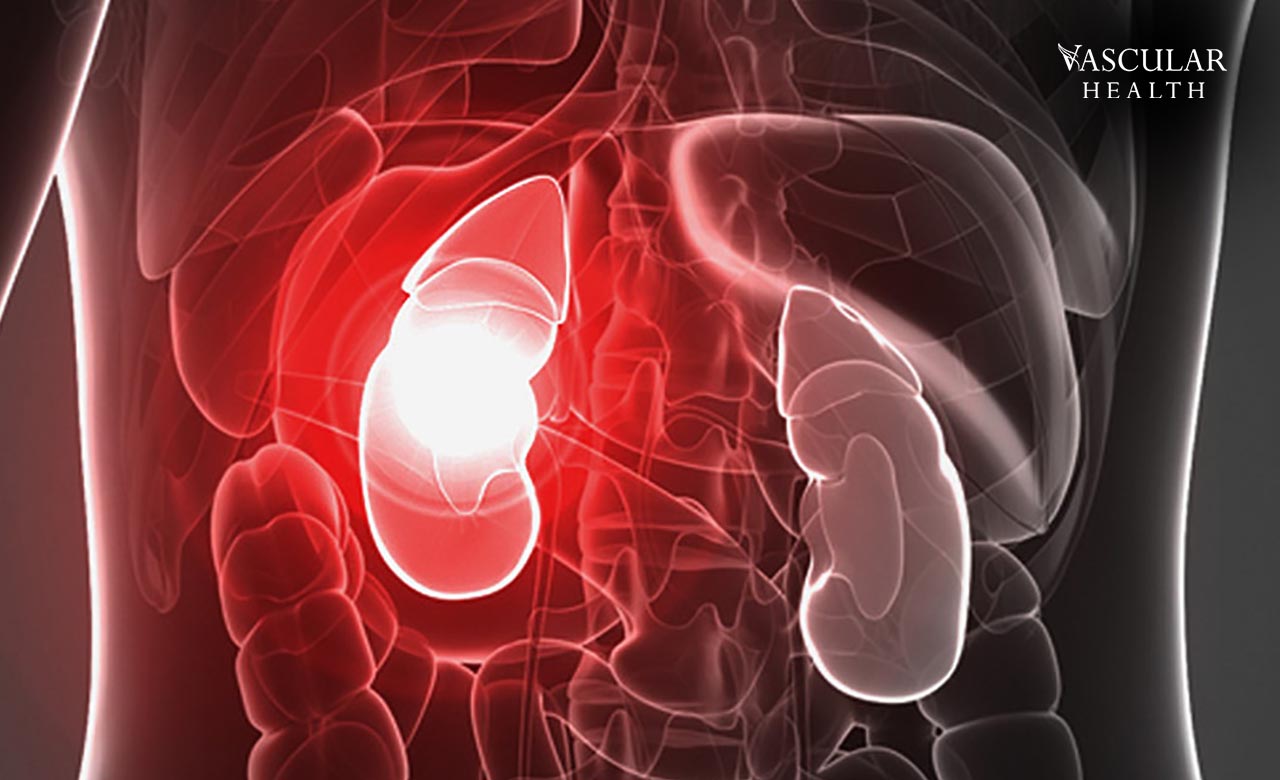Acute kidney injury (AKI), primarily known as acute kidney failure or acute kidney failure, is a sudden loss of kidney function. AKI develops rapidly, usually within a few hours or days, and can be reversible. Several factors cause it. If not treated on time, this condition can lead to other health conditions and can be life-threatening. Understanding acute kidney injury’s causes, symptoms, diagnosis, and treatment is critical for effective care and recovery.
Causes of Acute Kidney Failure
Acute kidney failure can result from several factors and conditions that affect kidney function. The causes are categorized into three groups:
Prerenal Causes
In prerenal causes, the blood flow is reduced to the kidneys, which leads to compromised kidney function. Prerenal causes include:
- Dehydration: A low amount of water within the body can play a vital role in reduced blood flow towards the kidneys.
- Heart Failure: Reduced cardiac output impair the blood flowing towards the kidneys
- Severe blood loss: Due to any trauma to the body, severe blood is lost that can lead to acute renal injury.
- Septicemia: Septic in the blood dramatically impacts kidney perfusion.
Intrinsic Renal Causes
Direct damage to the kidneys is termed an intrinsic cause. In intrinsic cause, the functioning units of the kidneys are affected. Some of the common inherent causes include:
- Acute tubular necrosis: Tubules in the kidneys are damaged due to ischemia or any exposure to nephrotoxic agents.
- Glomerulonephritis: The Glomerulus, a central filtering unit within the kidney, is inflamed, and the blood filtration rate is compromised, resulting in Acute renal failure.
- Interstitial nephritis: It is the inflammation of the kidney as a result of allergic reactions.
Postrenal Causes
Postrenal causes are related to the urinary tract. Any disorder in the urinary tract that reflexes back and affects the kidneys is termed a postrenal cause. Common postrenal causes include:
- Urinary tract Obstruction: Any blockage in the urinary tract can disrupt the urine outflow, damaging the kidneys through urine back reflux and even resulting in urinary tract infections.
- Enlarged prostate: In men, due to various factors, the prostate is enlarged, which is a common postrenal cause of Acute renal failure.
Symptoms of Acute Kidney Failure
General AKI symptoms include:
- Decrease urine output
- Fluid retention
- Fatigue and weakness
- Shortness of breath
- Confusion
- Nausea and vomiting
- Chest pain
Diagnosis of AKI
Different diagnostic techniques are used to detect Acute Kidney failure, such as:
- Blood tests: Blood Urea Nitrogen (BUN) and Creatinine
- Urinalysis: Urine examination to detect the underlying cause.
- Imaging studies: CT scans, KUB X-rays, and ultrasounds are major imaging studies used to detect kidney failures.
- Biopsy: In severe acute kidney failure, majorly due to intrinsic renal causes, biopsy plays a vital role in diagnosis.
Treatment options
- Rehydration
- Medications targeted to treat the underlying cause
- Surgical interventions in severe conditions
- Supporting kidney function through different modes of dialysis in specific cases.
Acute kidney failure is a critical condition with multifaceted medical aspects. Knowing the general symptoms, causes, and treatment options is crucial for a suitable assessment. If a person experiences symptoms, it is advised to consult a nephrologist for a proper diagnosis and management plan.




